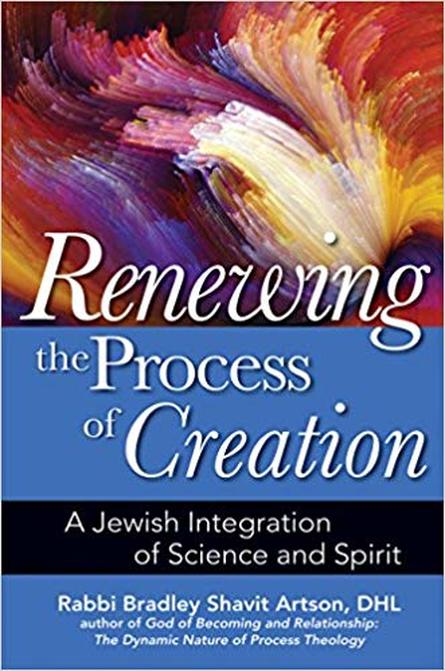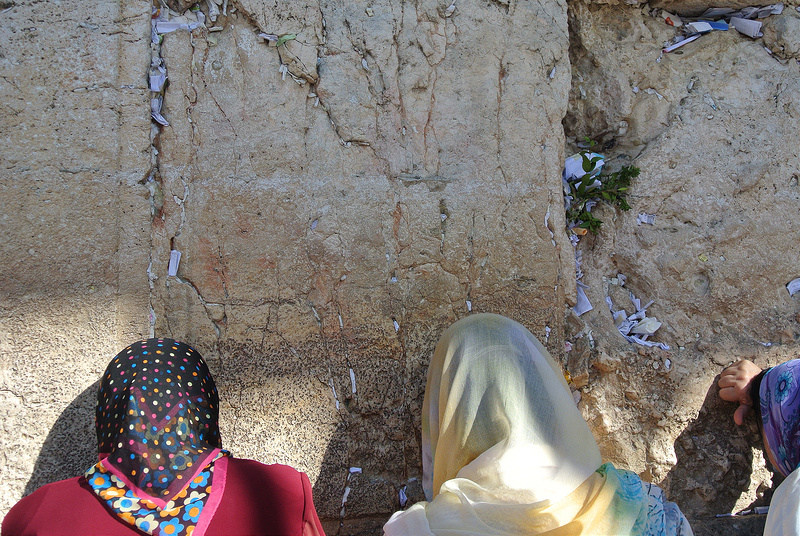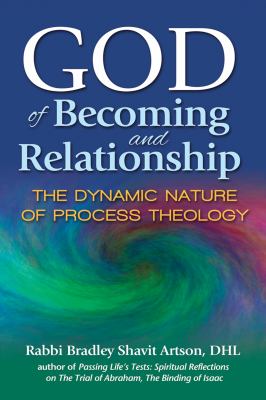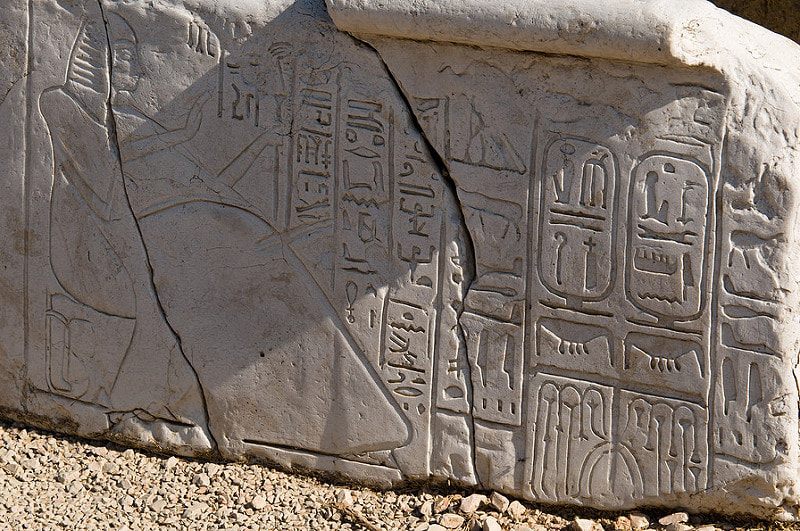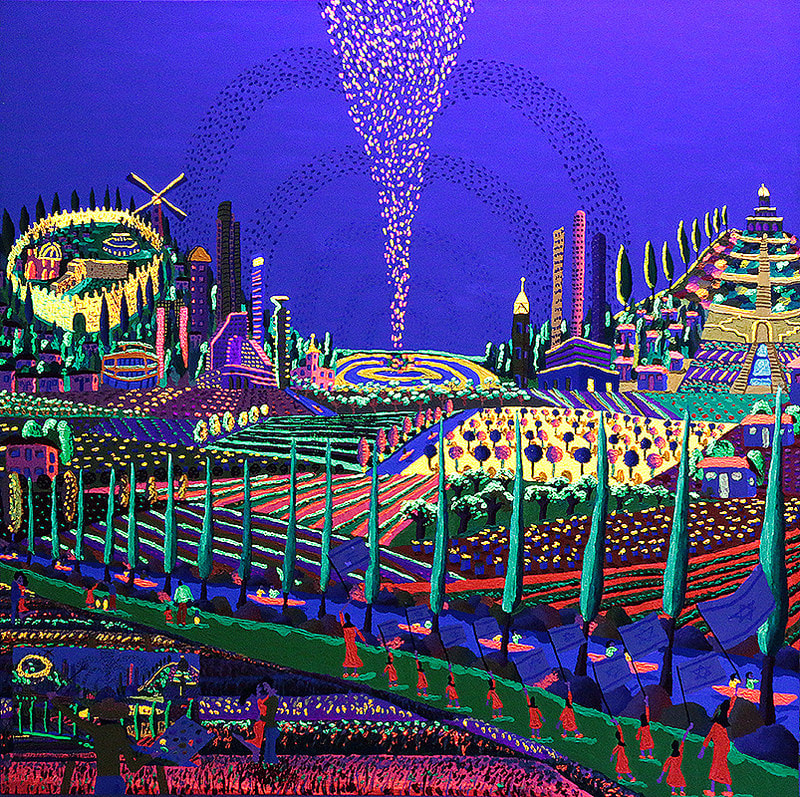Science isn't just "How,"
Religion isn't just "Why"
and, by the way,
they need each other
a short video from Rabbi Bradley Shavit Artson
|
|
The Video"Many people try to hold religion and science together by giving them consistent, opposing roles, such as asking “how” and “why” questions, respectively. But always viewing them through these lenses does a disservice to both disciplines. As part of an all-day workshop on June 27, 2018 with the 2018-2019 cohort of Scientists in Synagogues, Rabbi Bradley Shavit Artson gave a talk on the surprisingly similar forces that drive science and religion, and how they expand the range of our inquiry.
Rabbi Dr. Bradley Shavit Artson holds the Abner and Roslyn Goldstine Dean’s Chair of the Ziegler School of Rabbinic Studies. He is the Vice President of the American Jewish University in Los Angeles. Rabbi Artson has long been a passionate advocate for social justice, human dignity, diversity and inclusion. He wrote a book on Jewish teachings on war, peace and nuclear annihilation the late 80’s, became a leading voice for LGBTQ marriage and ordination in the 90’s, and has published and spoken widely on environmental ethics, special needs inclusion, racial and economic justice, cultural and religious dialogue and cooperation, and working for a secure and just peace for Israel in the Middle East. A member of the philosophy department, he is particularly interested in theology, ethics and the integration of science and religion. He is the author of 12 books and over 250 articles, including “Renewing the Process of Creation: An Integration of Jewish Science and Spirit.” -- from Sinai and Synapses: Scientifically Grounded, Spiritually Uplifting Transcript of Video"If we’re willing to have religion offer a critique of bad science – and by religion, I’m including philosophy – then science also gets to critique bad religion. If you think you don’t have to learn astronomy and physics and biochemistry and cognitive neurology because you’ve read the Bible, you won’t know anything about the world, and you’ll also miss most of what’s amazing about the Bible. The Talmud says “If you only have Torah, you don’t even have Torah.”
So here’s the plea I want to leave us with: I think religion and philosophy can keep science honest and humble. And that’s an important role to play. I think science can keep religion humble and accurate. Last thing I want to say: I know that a lot of people try to save both fields by saying that one deals with “how” questions and one deals with “why” questions. When I was at Harvard as an undergraduate, I tried to take a course from Stephen Jay Gould, who is the famous evolutionary superstar. And I’m one of the few people who got kicked out of his class. Most years, the class was oversubscribed and so he would kick out the freshmen. My senior year he said “you know, I always kick out the freshmen, but this year I’m going to kick out the seniors.” So I did hear a lecture from him – it was really good until he kicked me out, and then I just got bitter. He tried to make the argument for “how” versus “why” – I’m not sure if he actually thought that or he thought that was a public posture that saved – he didn’t have to, like, trash religion and then lose the people who bought your books. But here’s what I want to say. Science answers all kinds of “why” questions, right, and the very agenda of scientific research is determined, in part, on nonscientific grounds. So, for example, during the Cold War, biologists did a lot of research on conflict as an evolutionary driver, right? And then, during that brief period, some of you may remember it, where it looked like the Cold War was over – scientists in evolution discovered cooperation as an engine of evolutionary development, right. It’s not that one used to be true and then wasn’t, and now is again – it was that scientists are people, and so the things that they’re thinking about, they then ask questions about, and then those questions become what they do research on, right. So science is profoundly marinating in moral assumptions, and those need to be unpacked and profoundly engaged in socially contingent kinds of agendas. Religion, on the other hand, is all the time making “how” statements. Was or was not the universe created in seven days some 5,000 years ago? Was or was not the creator of the universe writing a book that he dropped on Moses on the top of a mountain, right? Was or was not the first human beings a guy named Adam and a gal named Eve, right? There are all kinds of ways that are – I mean, did the sea actually split? Those kinds of questions I have opinions about, you have opinions about, but it’s simply untrue that religion just deals with meaning and significance, and science just deals with “just the facts ma’am, just the facts,” right. So let’s get past that. Let’s instead distinguish that science is that realm of inquiry that deals with those aspects of reality that are public and replicable and testable. And religion deals with questions of “how do you pull it all together?” And I want to say this in a specific way – religion is what allows me to tell a single coherent story, from the moment of the Big Bang until yesterday, in which I locate in a single coherent narrative the development of the cosmos, the evolution of our species, the beginnings of the Jewish people, our history in the world, and the history of humanity. Plus, religion is what, in cooperation with science, allows me to develop cosmic consciousness – meaning, the universe is my home, life are my brothers and sisters, and they have a claim on me, which we all need to remember." Posted in How Science Influences Religious Language, Religion and Science We are Atoms plus More
|
